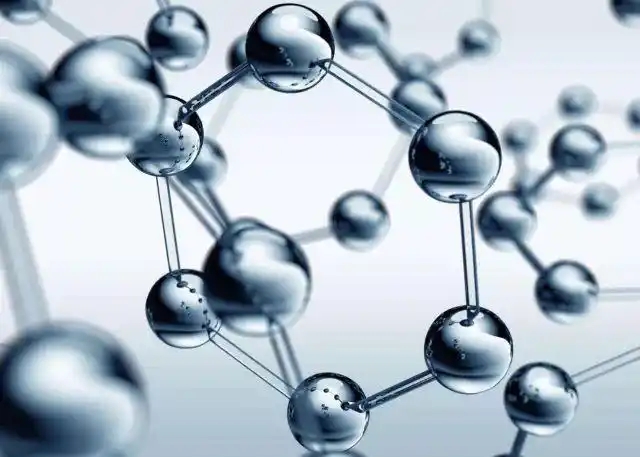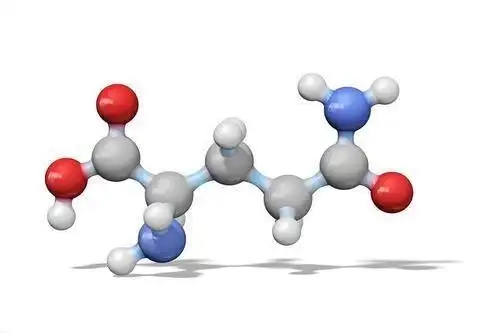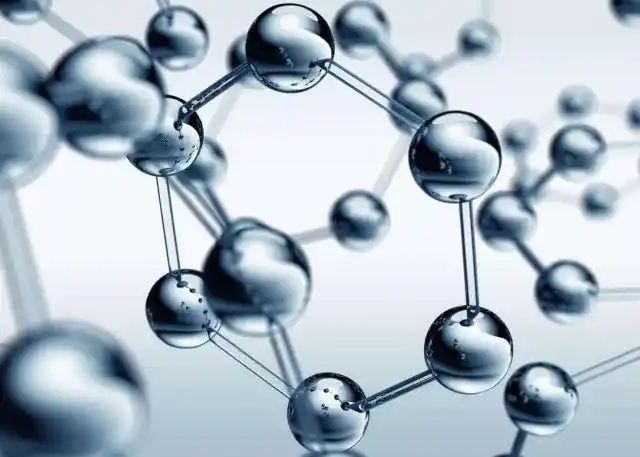
On the stage of modern agriculture, special fertilizers are emerging as a key force driving the high-quality development of agriculture, thanks to their unique advantages and precise nutrient supply.
Among all the special fertilizer categories, amino acid water-soluble fertilizer is like a brilliant new star. With its outstanding performance and broad application prospects, it has gradually become the focus of attention for farmers and agricultural scientists.
Today, let's delve into the mystery of amino acid water-soluble fertilizer and explore why it has emerged as a prominent player in the specialty fertilizer sector and become the "new darling" of agricultural green development.

I. Amino Acid Water-Soluble Fertilizer: A Green Transformation from Laboratory to Field
(1) Origin and Development of Amino Acid Water-Soluble Fertilizer
The emergence of amino acid water-soluble fertilizer originated from in-depth research on the nutritional requirements of plants.
During the growth process of plants, they not only require a large amount of elements such as nitrogen, phosphorus and potassium, but also need abundant organic nutrients to maintain their physiological functions and growth vitality.
Amino acids, as the basic units for protein synthesis in plants, are an essential nutrient component indispensable for plant growth.
As early as in the 20th century, scientists discovered that supplementing plants with exogenous amino acids could significantly promote their growth and development.
With the continuous advancement of biotechnology, amino acid water-soluble fertilizers have gradually moved from the laboratory to the fields, becoming an important choice for modern agricultural fertilization.
(2) Composition and Characteristics of Amino Acid Water-Soluble Fertilizer
The core component of amino acid water-soluble fertilizer is amino acids. These amino acids are usually derived from natural plant proteins or animal proteins and are extracted through processes such as biological fermentation and enzymatic hydrolysis.
Apart from amino acids, this type of fertilizer may also contain various trace elements, humic acid, seaweed extracts, etc. The combined effect of these components gives amino acid water-soluble fertilizer its unique properties.
It has the characteristics of good water solubility, high absorption rate, and comprehensive nutrition. It can be quickly absorbed and utilized by plants, and at the same time, it can improve soil structure and enhance the soil's water and nutrient retention capabilities.

II. Amino Acid Water-Soluble Fertilizer: Why Has It Become the "New Star" in the Special Fertilizer Field?
(1) Promoting Crop Growth and Enhancing Quality
Amino acid water-soluble fertilizer can provide plants with abundant organic nutrients, promoting the growth and development of the root system, enhancing the photosynthetic efficiency of plants, and thereby increasing the yield and quality of crops.
For instance, in vegetable cultivation, the use of water-soluble amino acid fertilizers can significantly increase the size and weight of the fruits, while also improving their color and taste.
In fruit cultivation, it can promote the coloring of fruits and the accumulation of sugar, thereby improving the quality and market value of the fruits.
(2) Enhance the resilience of crops
In the natural environment, crops often encounter adverse stressors such as drought, low temperature, high temperature, and pests and diseases.
The amino acids and organic components in amino acid water-soluble fertilizer can regulate the physiological metabolism of plants and enhance their stress-resistance ability.
For instance, amino acids can act as signaling molecules, activating the expression of stress-resistant genes within the plant body and enhancing the plant's ability to resist cold, drought and diseases.
In practical applications, many farmers have found that after using amino acid water-soluble fertilizers, the incidence of pests and diseases in their crops has significantly decreased, and their ability to resist lodging has also improved.
(III) Improving Soil Quality and Promoting Sustainable Development
Long-term use of traditional chemical fertilizers can lead to problems such as soil compaction, acidification and salinization, which seriously affect the ecological environment and fertility of the soil.
Amino acid water-soluble fertilizer, as an organic fertilizer, can effectively improve the physical and chemical properties of the soil.
The amino acids and organic matter in it can promote the reproduction of soil microorganisms, enhance the aeration and water retention properties of the soil, and alleviate the soil problems caused by excessive use of chemical fertilizers.
Furthermore, the use of amino acid water-soluble fertilizers can also reduce the amount of chemical fertilizers, lower agricultural non-point source pollution, and is of great significance for environmental protection and the sustainable development of agriculture.




